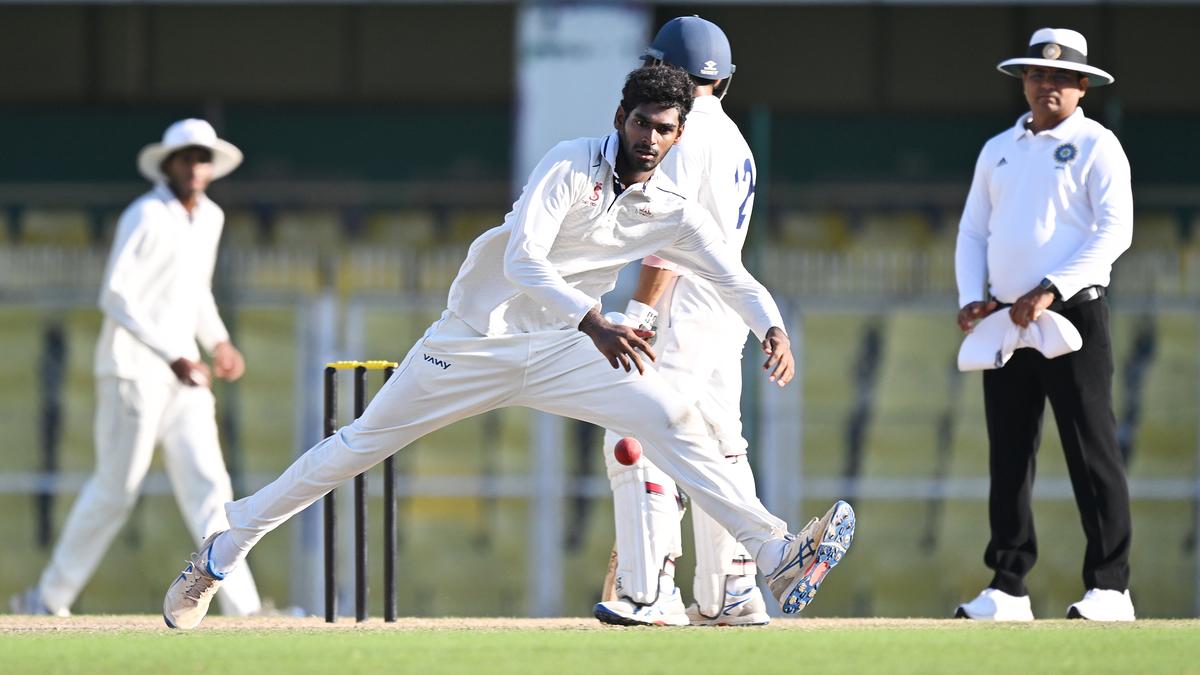Salman Agha’s heroics propelled Pakistan to a commanding position on Day 2 of the first Test against England in Multan. The 30-year-old batsman played a pivotal role in Pakistan’s charge, scoring an unbeaten 104 off 119 balls to guide his team past the 560-mark.
Agha’s innings was not without controversy, however. During one of his sixes off Jack Leach, a contentious decision by the third umpire, Chris Gaffaney, sparked debate. As Agha went after Leach, Chris Woakes, stationed at long-off, dived back to catch the ball on the ropes. However, Woakes’ momentum carried him outside the boundary line before he threw the ball back into play. Upon jumping back to complete the catch, Gaffaney ruled that Woakes’ right foot was grounded when he made contact with the ball, deeming it a six.
The decision divided the cricket world, with many questioning the validity of the call. Replays showed that Woakes’ foot appeared to be in the air when he caught the ball, but the third umpire’s ruling stood.
Despite the controversy, Agha continued to dominate the English bowlers. He reached his eighth Test fifty with a flurry of boundaries, including 10 fours and two sixes. His partnership with Saud Shakeel added an invaluable 57 runs for the seventh wicket, further solidifying Pakistan’s position.
Earlier in the day, Agha had survived a close call when Woakes lobbed the ball from behind the boundary line and caught it inside the ground. However, the third umpire ruled that Woakes’ foot touched the ground beyond the rope, giving Agha a six.
Agha’s century marked a significant milestone in his career, as he surpassed 1,000 runs in his 15th Test. His innings was a testament to his resilience and determination, as he weathered the English bowlers’ attack and played a crucial role in Pakistan’s dominance.






